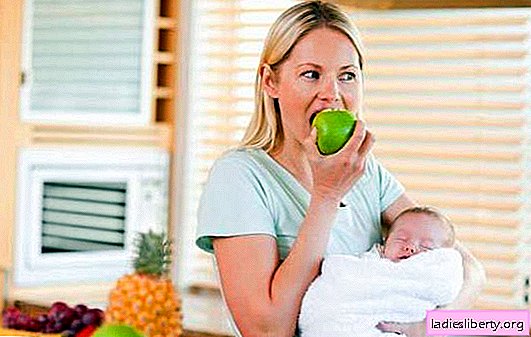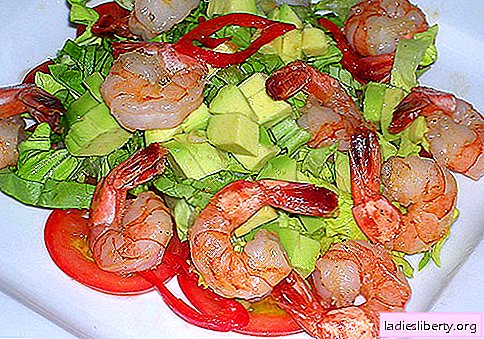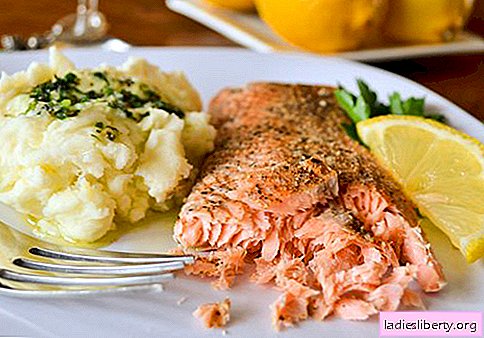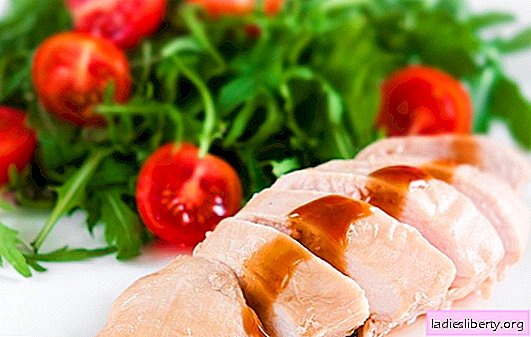
The birth of a baby brings a lot of changes to the life of a young mother, the usual diet is also subject to adjustment.
The newborn receives all useful substances, microelements and vitamins when consuming breast milk.
During this period, a woman should carefully plan the menu to provide the crumbs with all the substances necessary for full development.
Eating fruits is one of the most important aspects of proper nutrition, but not all fruits can be eaten.
What kind of fruits can a nursing mother have, and which should be limited or eliminated altogether?
What kind of fruits can be used while breastfeeding: what are their benefits
The benefits of all kinds of fruits and berries are invaluable for the full functioning of the body, they fully saturate it with useful substances, amino acids and trace elements. Fiber contained in fresh fruits helps to improve the digestive tract and normalize metabolism.
To the question: what kind of fruits can a nursing mother find it difficult to answer unambiguously. Those fruits, the use of which does not cause negative reactions from the mother's body, may well provoke the appearance of bloating, colic, and cause digestive upset in the baby. Nevertheless, the child needs the beneficial substances contained in fruits, they will not only help to regulate the digestive tract, but also strengthen the child’s immune system.
The highest vitamin content is enriched in fruits grown in the region where the woman lives and consumed in season. Thus, apples grown in a natural way have much more invaluable benefits for the body than strawberries ripened in greenhouses and sold in winter.
What kind of fruits can be used while breastfeeding, and which ones cannot
The greatest attention to the daily diet should be given in the first weeks of a child's life. It is during this period that the crumb organism is still not sufficiently adapted to environmental conditions, and is sensitive to the slightest changes in the diet. Depending on the mother’s menu, breast milk can be both extremely beneficial and may bring some harm, expressed in digestive disorders.
In the first month of feeding, orange and red fruits and fruits that are poorly absorbed and cause bloating, such as grapes, and plums of any kind should be completely excluded from the daily diet. After four weeks from the birth of the baby, it is permissible to introduce such types of fruits into the diet, but this should be done in minimal quantities, carefully monitoring the reaction of the baby's body.
Throughout the entire period of feeding, the use of all types of citrus fruits, including freshly squeezed juices prepared on the basis of these fruits, should be completely eliminated. This is due to the fact that citrus fruits are the main reason for the development of allergic reactions in a child.
You should limit the consumption of fruits containing large amounts of sugar, as their excessive eating can cause diathesis in the child. It is also not recommended to eat all kinds of exotic fruits, they are quite useful, but can trigger the development of allergies. To use them in small quantities is possible only after the child is at least four months old.
What kind of fruits can I breastfeed and how to eat them
An important point is how exactly a nursing woman eats fruit: fresh, or after heat treatment. During lactation, it is better to give preference to the second option, since even a small amount of fresh, not thermally processed fruits can cause bloating. On the basis of fruits, you can cook many dishes enriched with a large amount of the most useful substances:
• apples of any varieties baked in the oven or microwave;
• pastille, marmalade, as well as other sweets made from fresh fruits without added sugar;
• mashed potatoes, mousses, casseroles with cottage cheese;
• a small amount of jam or jam;
• compotes, fruit drinks, freshly squeezed juices.
What kind of fruits can a nursing mother if she suffers from allergic reactions to certain types of fruits. The tendency to allergies implies the use of any products, with the exception of those that cause pathological reactions from the body, as well as strong allergens.
If there is a risk of developing negative reactions that can be diagnosed in a child, a woman is recommended to introduce small amounts of fruit into the daily diet. If they do not cause negative symptoms, the volume can be increased, but you should not overeat in any case.
What kind of fruits can be used when breastfeeding, and in what quantity
In the absence of a risk of developing allergies, as well as a tendency to other negative reactions of the body, a nursing woman is recommended to eat at least 200 grams of fresh or heat-treated fruit during the day. It is this number of fruits that will allow saturating the body with useful substances and vitamins in sufficient quantities.
When compiling a daily menu, it is better to give preference to the following types of fruits, which are very useful and will not harm the body of the mother and child:
• Garnet. Pomegranate fruits are enriched with a large amount of iron, which exactly helps to increase hemoglobin, and also has a beneficial effect on the immune defense of the body as a whole.
• Apricots. They contribute to the proper formation of the bone skeleton, contain substances that contribute to the formation of immunity.
• Watermelons. Ripe, naturally ripened watermelons help cleanse the kidneys and urinary tract, normalize metabolism.
• Bananas. An excellent source of energy that does not cause allergic reactions.
• Pear. Eating fresh pears is not recommended for a nursing mother, as these fruits are quite difficult to digest. But they contain a huge amount of nutrients, so it is necessary to include fruits in the diet, but in the form of compotes and preserves.
Whether or not to eat certain fruits is the decision exclusively of the nursing mother herself. You can eat all kinds of fruits if they do not cause negative reactions from the body of both the nursing mother and the baby. It is better to eat different types of fruits separately, without combining, in order to timely identify possible digestive disorders in the baby, and to exclude a harmful product from the diet.











